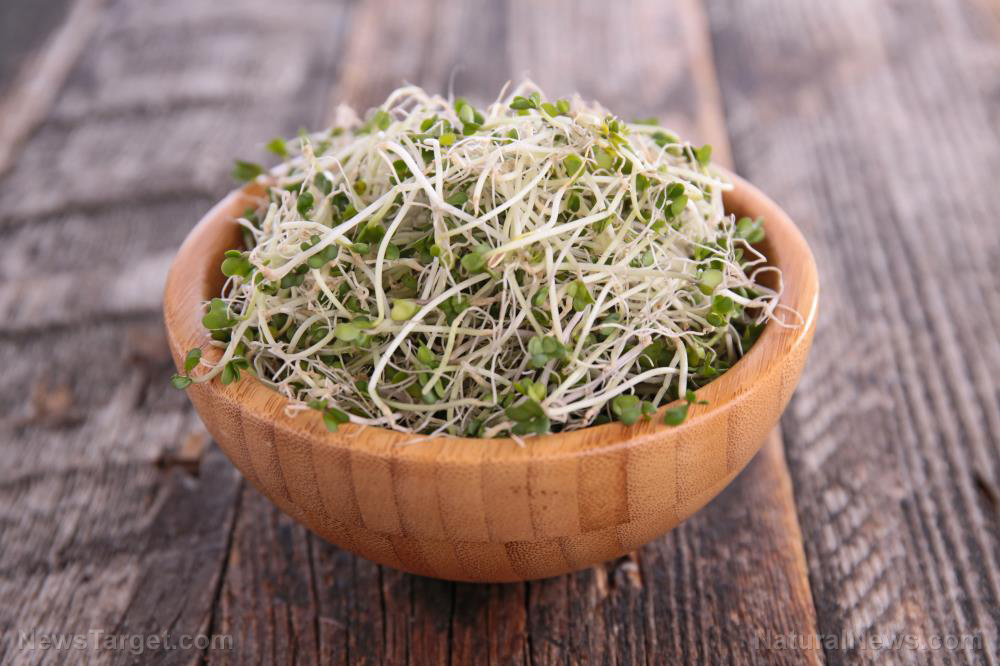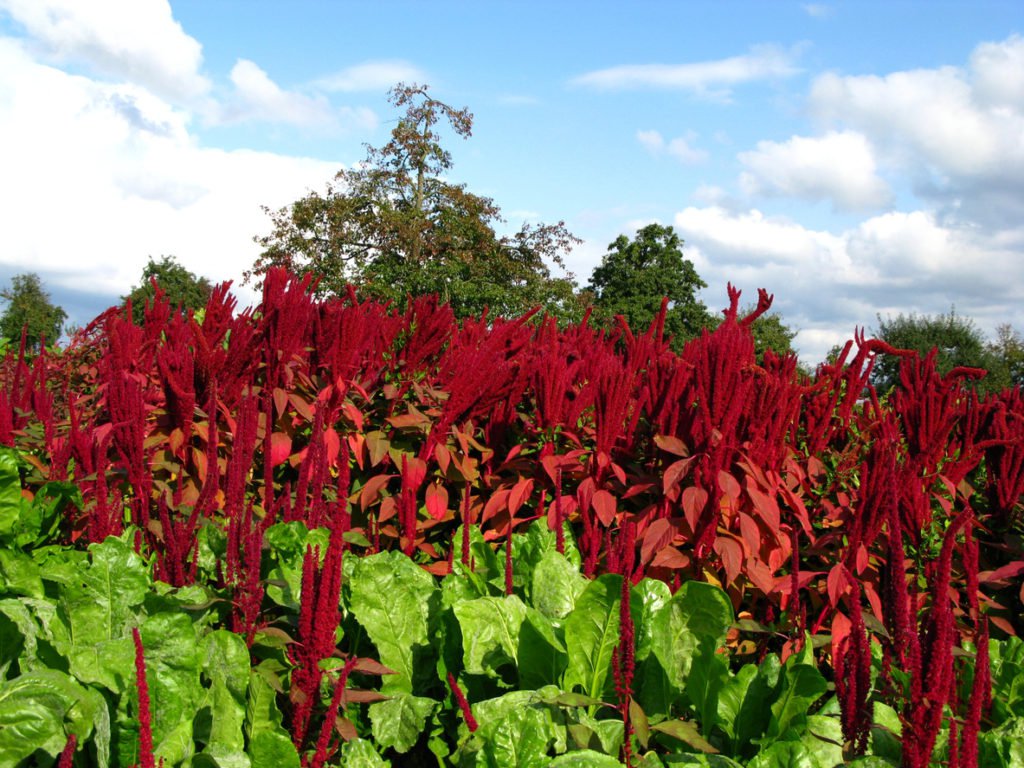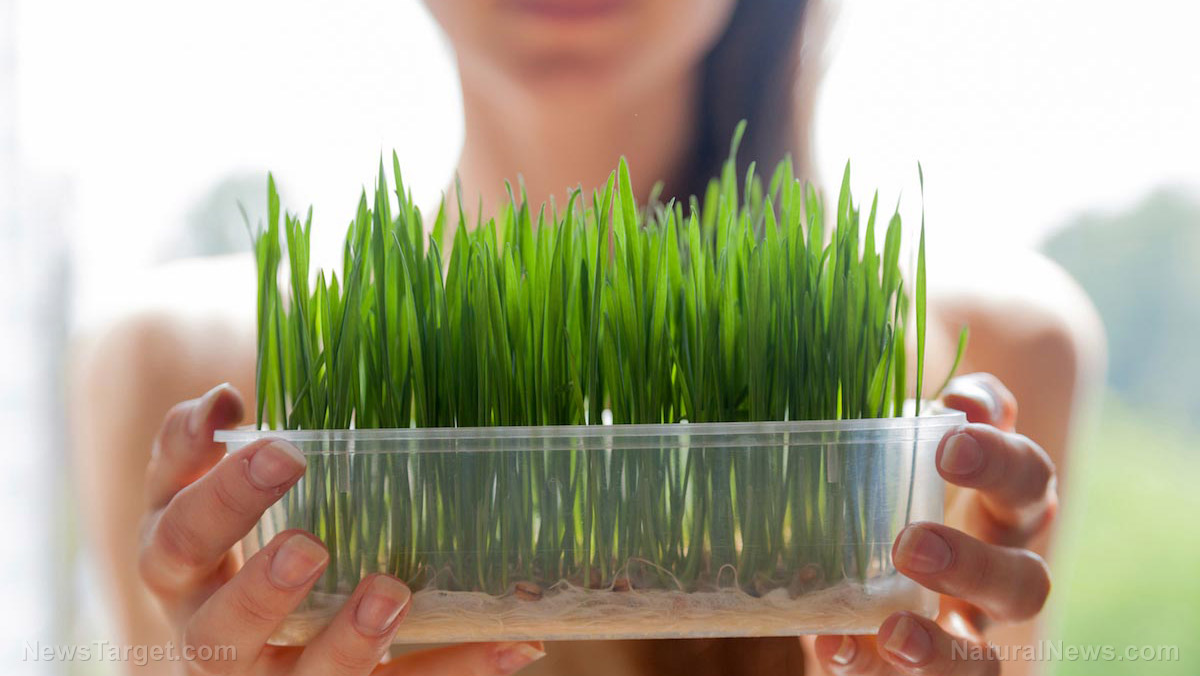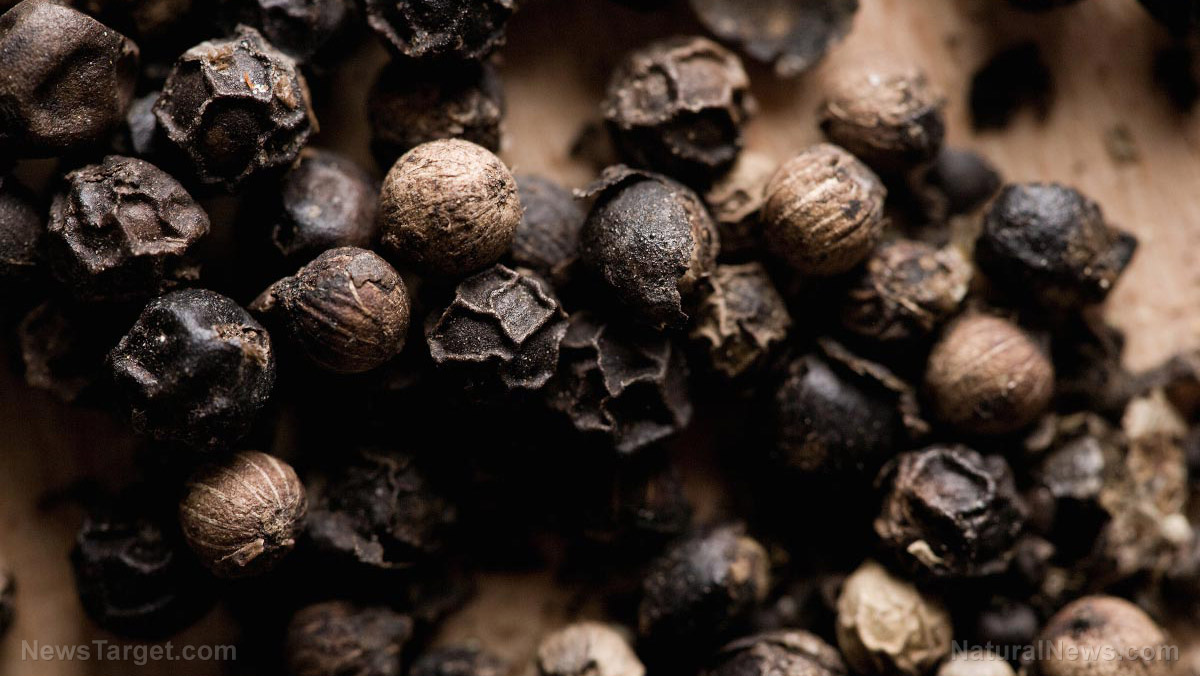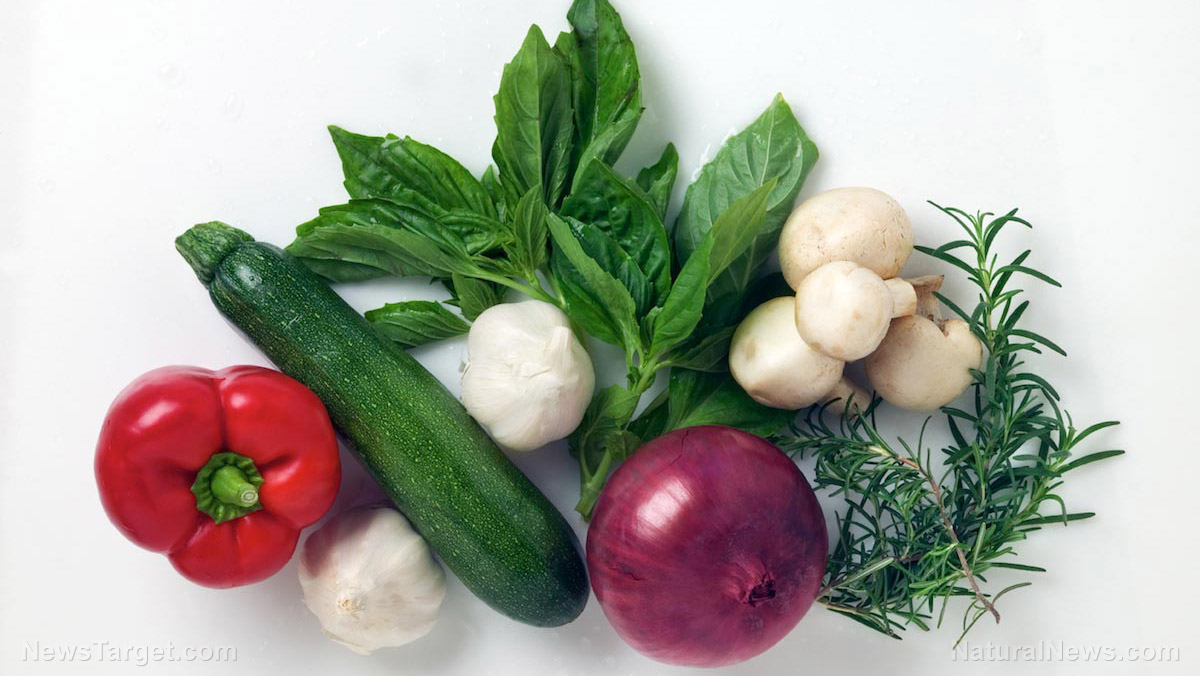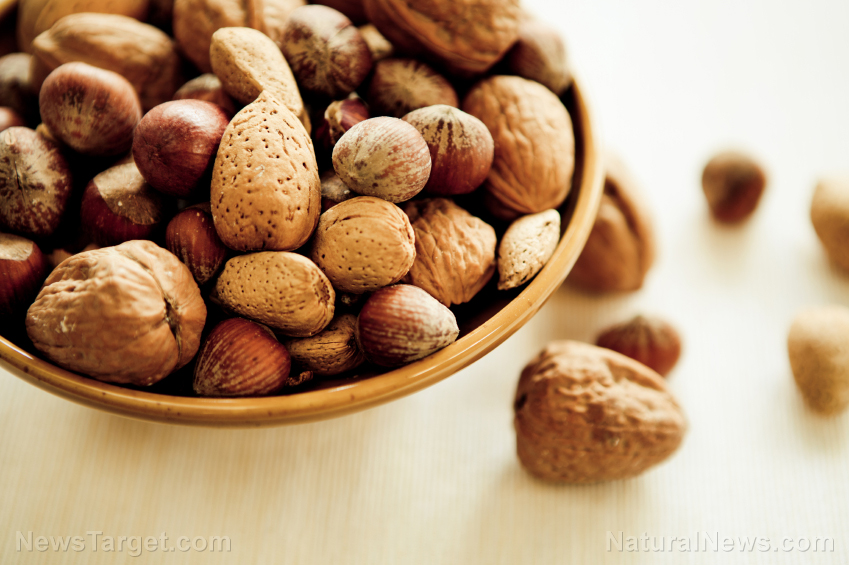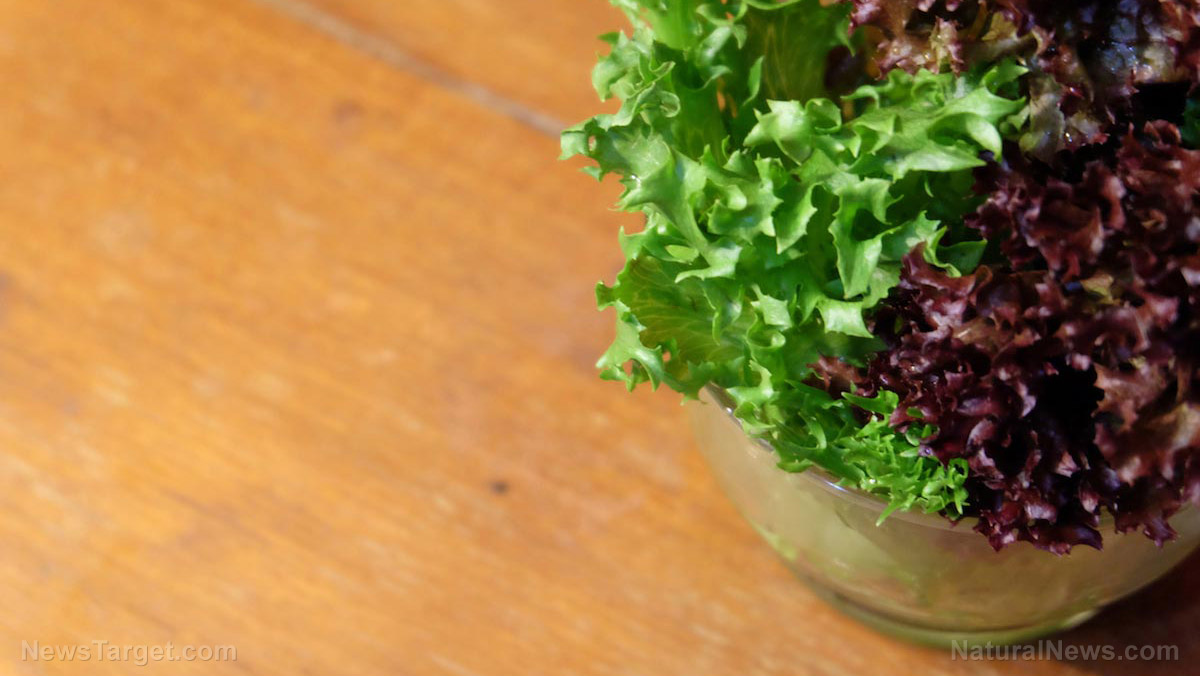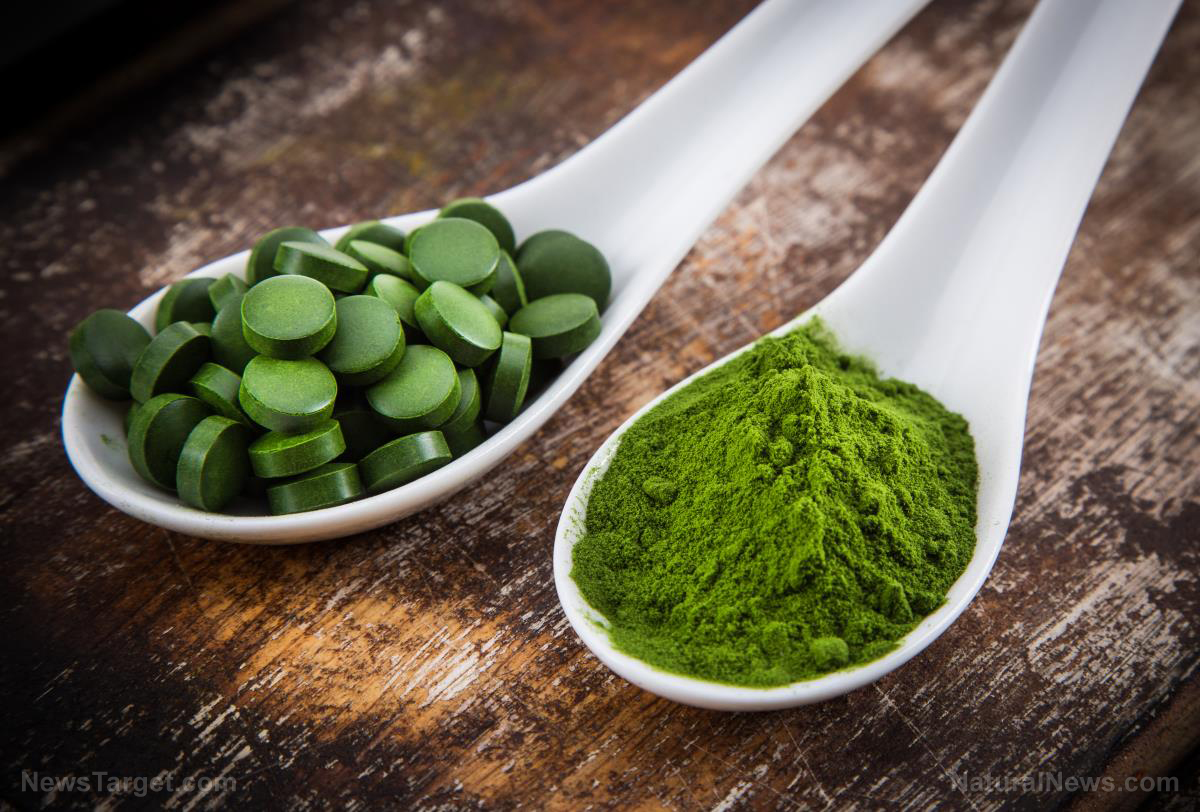You should be growing these 5 sprouts today – your body will thank you later
03/25/2020 / By Divina Ramirez
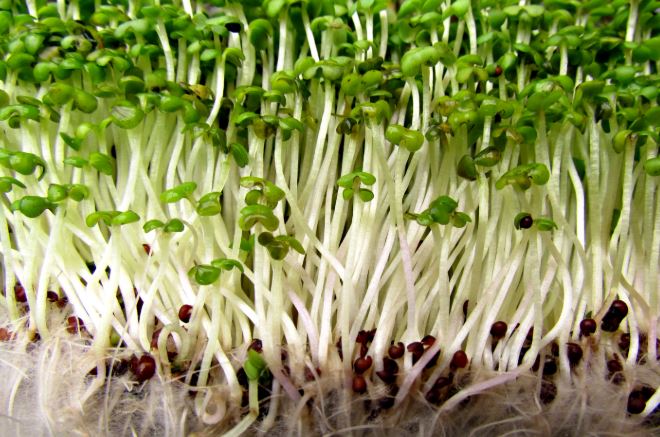
Sprouts are widely considered to be nutritional powerhouses. Not only do sprouts provide the body with essential vitamins and minerals, but they also offer numerous medicinal benefits linked to immunity, digestion, metabolism and cardiovascular health.
Sprouts are seeds that have been made to germinate into young plants. Germination typically involves soaking the seeds for several hours and then allowing them to grow for two to seven days. At the end of the process, you should have sprouts that are approximately one to two inches long.
In most cases, sprouting tends to improve a seed’s nutritional profile. For instance, several clinical studies show that sprouting led to a higher amount of amino acids and dietary fiber in seeds like beans, legumes, grains and vegetables. Sprouting also tends to increase the amount of protein, folate, magnesium, phosphorus and vitamin C that the seeds contain.
The health benefits of sprouts
Regular consumption of sprouts can greatly benefit the body due to the following reasons:
Sprouts contain essential nutrients, vitamins and minerals
Seeds are naturally loaded with nutrients that they require to grow into strong, healthy plants. Some common nutrients found in various sprouts include protein, fiber, fat and carbohydrates. Other sprouts may also contain vitamin C, potassium, folate, manganese, iron and thiamine.
However, these nutrients may be difficult to absorb given a seed’s hard outer layer. In fact, seeds often exit the body undigested. Fortunately, soaking seeds before consumption can easily remove their shells. Moreover, sprouting can make it easier for the gut to absorb various nutrients, vitamins and minerals.
Sprouts boost immunity
Sprouts contain high amounts of antioxidants that fortify the immune system by stimulating the production of white blood cells. Antioxidants also trigger inflammatory receptors to relieve swollen joints, muscles, blood vessels and arteries. Additionally, antioxidants prevent cellular damage caused by disease-causing free radicals.
Sprouts aid digestion
Sprouts promote digestion and regulate bowel movement due to high levels of dietary fiber. As a result, sprouts can prevent stomach ache, indigestion, constipation and diarrhea.
Varieties of sprouts
Many different types of seeds can be sprouted. Sprouts are usually eaten raw, but they can also be lightly steamed or added to soups, stews and other dishes. Here are five of the most common types of sprouts available on the market:
Bean sprouts
Beans are one of the easiest seeds to sprout especially for beginners. Mung beans, soybeans and kidney beans take no more than two days to sprout and often yield a generous harvest. Bean sprouts also contain high amounts of immunity-boosting vitamins, such as folate and vitamin C. Pregnant women, in particular, may benefit greatly from consuming bean sprouts since folate is linked to healthy fetal development and a reduced risk of birth defects.
Lentil sprouts
Lentil sprouts are extremely healthy sources of protein due to their low-calorie content. Lentil sprouts also contain high amounts of vitamin C, thiamine, iron and manganese. But unlike bean sprouts, lentils can take up to four days to sprout.
Alfalfa sprouts
Alfalfa sprouts greatly enhance bone strength thanks to calcium. These sprouts also contain a considerable amount of potassium, an essential mineral linked to blood pressure control and detoxification.
Radish sprouts
Radish sprouts can improve liver and gallbladder functions due to high amounts of antioxidants and potassium.
Broccoli sprouts
Broccoli sprouts, like many of its cruciferous relatives, contain anti-carcinogenic compounds known as glucosinolates. Not only do these compounds inhibit the growth of cancer cells, but they also induce apoptosis or programmed cell death.
Wheatgrass
Wheatgrass is prepared from the sprouted leaves of the common wheat plant. It is widely known as a highly nutritious food due to its high amounts of antioxidants including vitamins A, C and E. Due to its antioxidant effects, wheatgrass is often linked to lower cholesterol levels and blood sugar control.
Sprouts are nutrient-dense foods that you can easily create at home. They are usually eaten raw and are available in a wide range of varieties including grains, nuts, legumes and vegetables. Other common sprouts include soybean, green pea, buckwheat, quinoa, pumpkin, sesame, beet, clover, cress and fenugreek. Experiment with the seeds you prefer and start adding sprouts to your diet.
Sources:
Tagged Under:
RECENT NEWS & ARTICLES
COPYRIGHT © 2017 SUPERFOODS NEWS

